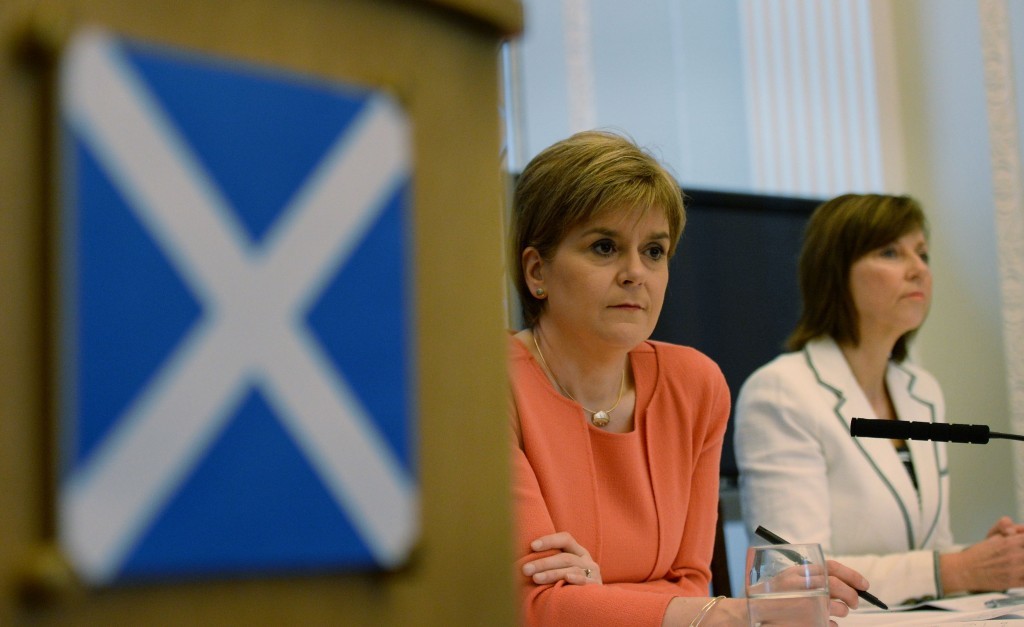
Earlier this week, oil and gas industry leaders gathered in Aberdeen for a breakfast briefing on the future funding of exploration and production in the North Sea. The message was clear: there are funders out there, and public agencies can help, but tough times call for new ways of attracting investment if the industry is to prosper.
That message is reinforced by official figures just published on Government Expenditure and Revenues in Scotland (GERS), which confirmed that the days when oil and gas companies paid billions in taxes are firmly in the past. The challenge for the industry now is to stay in business in the first place.
Since the current downturn began, some two years ago, the price of oil has fallen by half, and thousands of jobs have been lost.
Government revenues were hit in financial year 2014/15, but still worked out at £1.8 billion from the Scottish sector of the UK Continental Shelf. The figures just out for 2015/16 show that that number has fallen to only £60m.
The gap between taxes in and spending out – Scotland’s fiscal deficit – now stands at 9.5% of our economic output, compared with an EU standard of 3% and a fiscal deficit for the UK as a whole of 4%.
As part of the UK, Scotland does not have to manage its own fiscal deficit, but First Minister Nicola Sturgeon has said that another referendum on Scottish independence is “highly likely” after the UK-wide vote to leave the European Union.
A fiscal deficit more than double the UK’s – and three times what the EU expects of new member states – would be unsustainable for an independent Scotland in the long term, just as oil companies could not sustain year after year of losses in the North Sea if there was no realistic prospect of recovery.
Nicola Sturgeon must now recognise that planning for yet another referendum is not the right priority for the Scottish Government. Like it or not, the people have spoken, and the economic challenges which would face an independent Scotland would be far greater today than they would have been in 2014.
Instead Ministers should focus on meeting the real and present challenge to the Scottish economy, and on supporting the many businesses and working people who have been hard hit by the downturn in the oil industry.
They could start by acknowledging the impact of the downturn across Scotland, and by telling us what they will do to address that.
As Aberdeen’s oil industry leaders agreed this week, there’s not much point in pipe-dreams if the money’s not there to make them come true. The lesson of Brexit is that political disruption damages the economy, and the lesson of the GERS figures is that there’s already a mountain to climb. Instead of inflicting yet another referendum on the voters and on the economy, the Scottish Government should concentrate on getting Aberdeen and Scotland back to work.
Lewis Macdonald is the Labour MSP for North East Scotland.
Recommended for you
